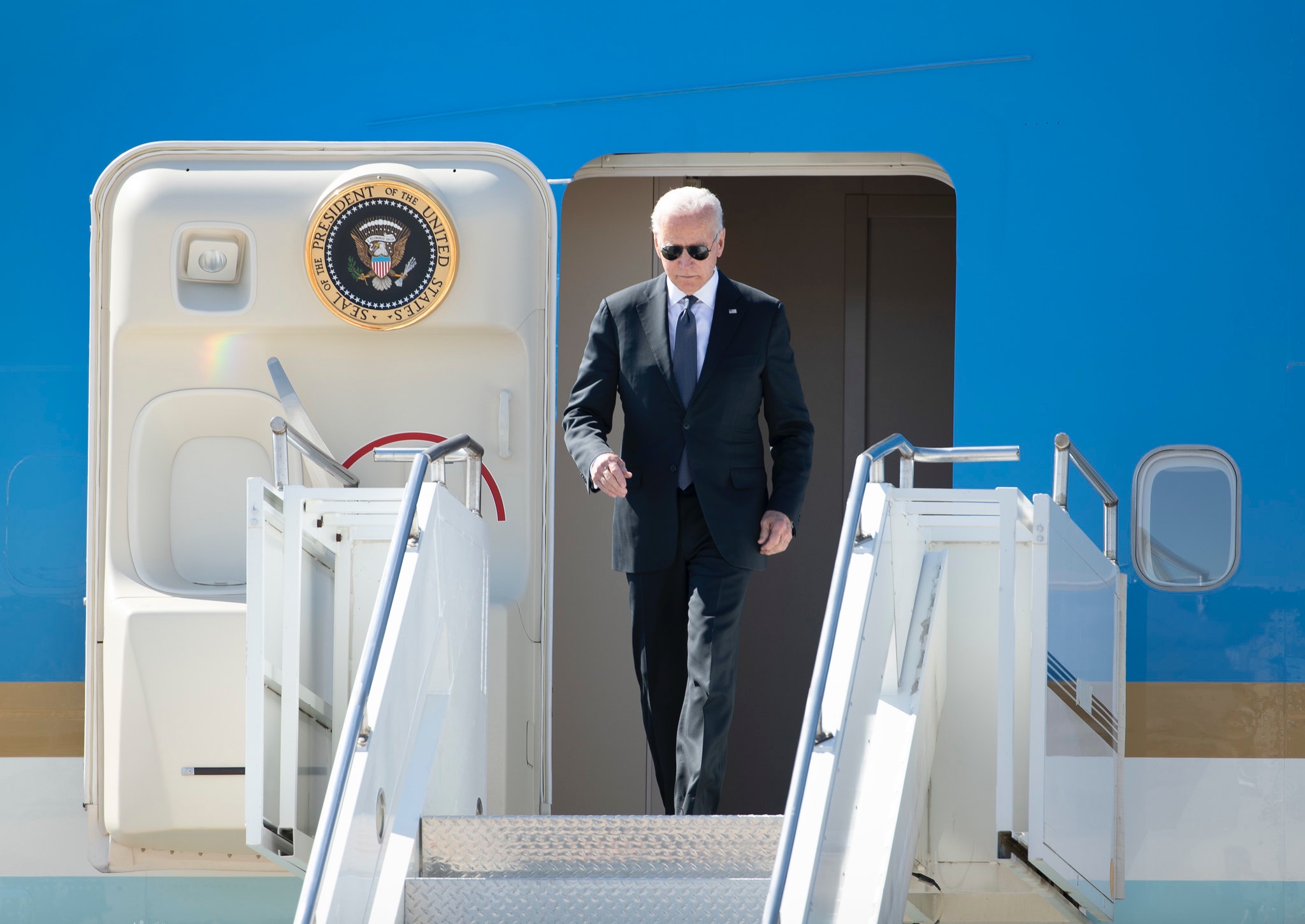Hope for American citizens and allies trapped in Afghanistan grows as the Pentagon taps commercial airliners to provide support.

It is hard to know what to make of all the terrible news pouring out of Afghanistan, hour by hour.
The situation is fraught; constantly changing. The Taliban have taken over the country, yes; Taliban forces have indeed laid claim to the seat of government in Kabul and they control the Kabul airport.
So far, the Taliban has mostly been cooperating with world leaders anxious to evacuate their citizens and Afghan allies out of Kabul- on paper. On the ground reporting tells a much different story.
Whether this is because Taliban leadership is intentionally not keeping its commitments or because Taliban leadership doesn’t have a firm hold on its soldiers, it doesn’t really matter. The result- mass violence, executions, reported casualties, Americans and Afghans turned away from the airports, their passports confiscated at Taliban checkpoints, beatings- is the same either way.
According to reliable sources on the ground, and indeed recent events have borne this out, the Taliban have been putting this plan into place for well over a year. In addition to strategic military moves and staging, these preparations have also coincided with a staggering number of assassinations, murders, bombings, and other terrorist attacks.
These attacks- revenge killings, the assassination of government officials, bombings, the murder of female journalists- share a common thread; though they always serve the Taliban’s goals, the Taliban always denies responsibility.
Afghanistan’s citizens never seemed so sure about these denials. What they think now about the Taliban’s promises of of mercy and moderation is clear from the chaotic and heartbreaking scenes at the Kabul airport.
For the U.S., the subject of Afghanistan will be forever linked with videos of desperate Afghans holding on to U.S. planes as they departed, and dropping from those planes as they became airborne; with scenes of weeping mothers at the Kabul airport passing babies through barbed-wire fences to soldiers on the other side.
It isn’t that there isn’t any information, but rather too much; too many conflicting agendas, too many heartbreaking tragedies, too many overarching geopolitical implications, too many confused narratives.
There are also too many Americans, and American allies, still trapped behind enemy lines. Knowing the Taliban is no friend to the U.S., many are asking:
Why did they stay?
For many foreign policy experts and observers, the writing on the wall in Afghanistan has been a flashing neon sign for months now, longer. Many officials around the globe may have been taken by surprise by the speed and effectiveness of the Taliban takeover, but not everyone was.
With so many people predicting for months that Kabul would fall to the Taliban, soon and fast, why didn’t Americans, allies, and their Afghan partners, leave sooner? Why weren’t they busily evacuating for months?
Afghanistan is a modern country today; far different than it was 20 years ago when the Taliban ruled it last. The nation is wired for sound now. Those in the U.S. and in other countries with friends, family members and deep roots in Afghanistan report hearing a common refrain:
“We didn’t think American troops were really going to leave. We thought it was all political posturing, we thought it was just talk.”
Why weren’t the Afghan people, and especially those with the most to fear from a Taliban takeover- including journalists, professors, and politicians who spoke out against the Taliban- warned of this possibility?
The only thing worse than the heartbreaking stories and devastating scenes coming out of Afghanistan is how very little world leaders seem able to do about it. A sternly-worded press statement directed at the Taliban seems unlikely to further the causes of world peace, social justice, and nuclear de-proliferation.
The news today the Pentagon has asked the major U.S. commercial airliners to provide planes to assist in the ongoing evacuation efforts was welcome to many still desperately anxious about the fate of friends and loved ones.
Journalists stationed at the airport in Kabul have been reporting scenes of increasing chaos and sporadic evacuation flights. Given the modest numbers of evacuees, some journalists have wondered if everyone will be able to get out in a timely manner.
That is, before the Taliban changes its mind- or some faction of the Taliban, for which Taliban leadership will later deny responsibility, changes its mind.
One of the greatest fears on the ground currently, one of many, is that there will soon be a major terrorist attack on the airport in Kabul, thereby rendering it inoperable. The longer the evacuation goes on, the greater the likelihood that someone in the Taliban will decide a few thousand hostages are worth more than the goodwill of the international community.
The likelihood that all members of the Taliban agree on this strategy of letting American hostages go free, and allowing Afghans who helped U.S. forces to go unpunished, is very small.
In this respect, the Biden Administration is acting with excellent decisiveness and leadership. The commercial airliners will not fly into Kabul, but will assist the effort by flying people from nearby military bases after they have been evacuated.
Which is good, because the sooner Americans and allies are safely out of Afghanistan, the better.
(contributing writer, Brooke Bell)